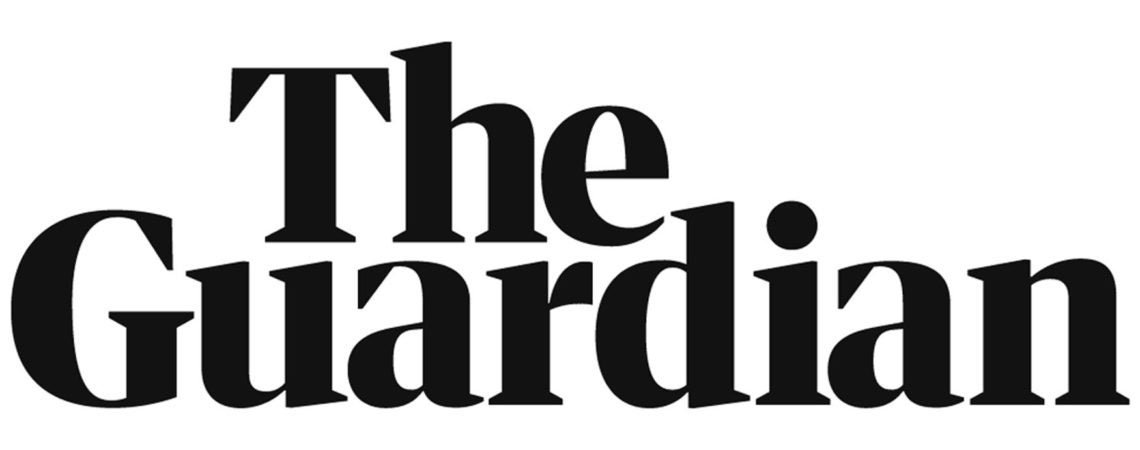The prospect of a tariff-free trade deal with Australia has alarmed British farmers and some MPs, including Conservatives. A lot is at stake in what would be the first post-Brexit major trade deal. Here we look at the key issues.
What is a free trade deal?
A policy of free trade means goods and services travel across borders unhindered and at the price set by the producer without state support. However, most economists would agree that a free trade policy – one that prevents the government from discriminating against imports by imposing tariffs and quotas or interfering with exports by offering subsidies – should not be applied crudely and mean that a country abandons all control and taxation of imports and exports. To keep it simple, a deal with Australia, as with other countries, will focus on goods, which are easier to monitor, rather than the more complex and nuanced services sector (which covers industries like law, advertising and banking). There will still need to be complex negotiations to decide how to apply a deal, most likely over several years.
Could a free trade deal with Australia harm British farmers and businesses?
The impact on farmers is likely to be limited in the short term, after four decades of EU membership that kept tariffs – or taxes on imports – and quotas in place on Australian produce. This effectively limited the flow of Australian farm exports to a trickle.
In 2019-20, trade in goods and services between Australia and the UK was valued at £20bn, making the UK Canberra’s ninth most important trade partner. Only a small proportion was food and drink, which was worth £425m to Australia in 2020. The UK imported £384m worth of Australian food and drink, according to analysis of HMRC figures by the Food and Drink Federation (FDF).
To read the full article, please visit here.

